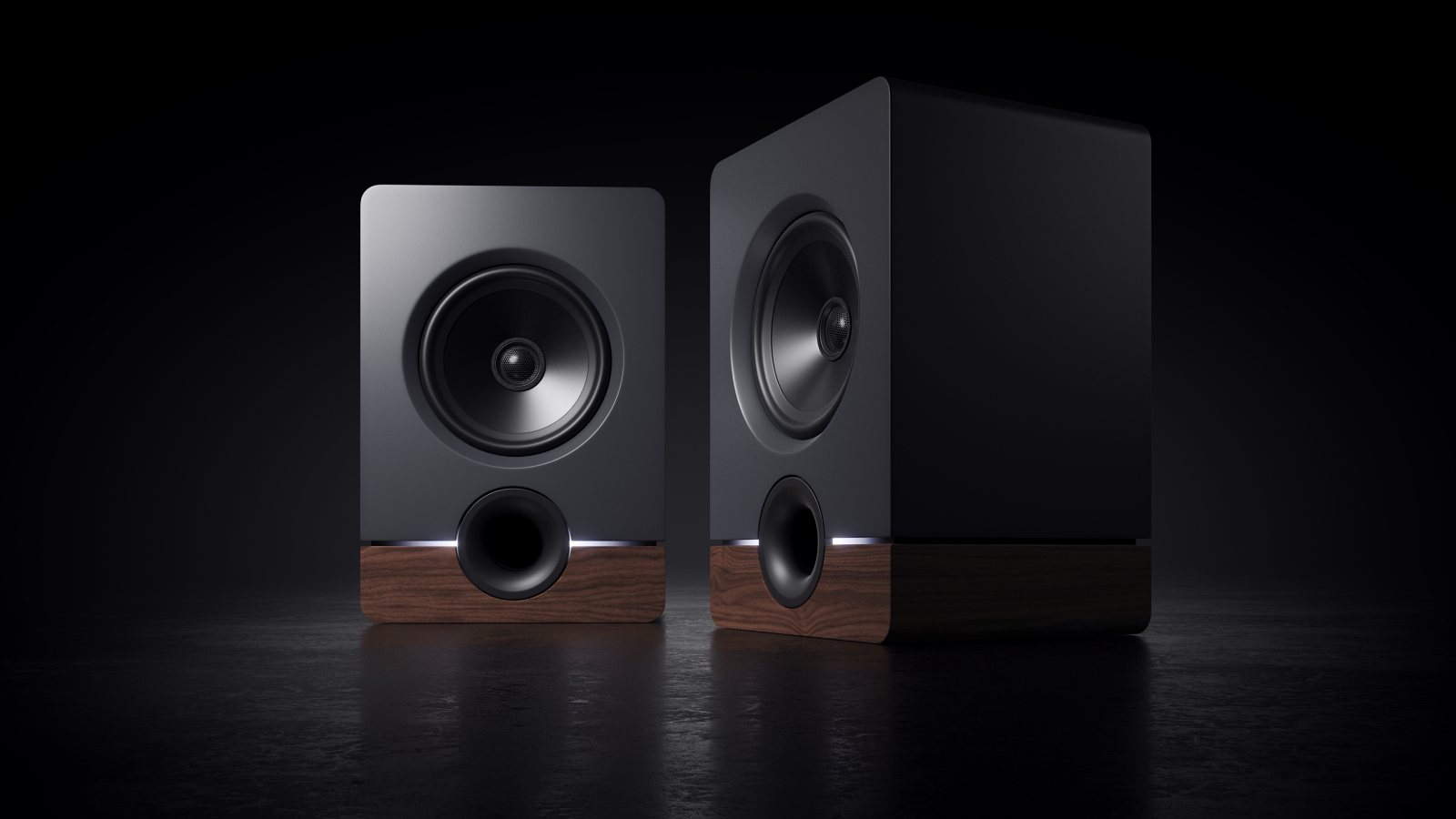The Roots: Abolition and Civil War Era
In the 19th century, spirituals and folk songs gave voice to enslaved people and abolitionists alike. Songs like “Follow the Drinking Gourd” carried coded messages for escape. Meanwhile, anti-slavery anthems such as “John Brown’s Body” rallied supporters of the cause.
The Labor Movement and the Great Depression
In the early 20th century, labor organizers like Joe Hill used music to galvanize union efforts. Hill’s songs, along with those by Woody Guthrie, became essential tools for solidarity. Guthrie’s 1940 song “This Land Is Your Land” remains one of the most iconic American protest songs, questioning inequality even as it celebrated the nation.
The Civil Rights Movement and Vietnam War
The 1960s were a watershed moment for protest music. Artists like Bob Dylan, Nina Simone, Sam Cooke, and Pete Seeger gave the movement a powerful soundtrack. “Blowin’ in the Wind,” “Mississippi Goddam,” and “A Change Is Gonna Come” articulated the pain and hope of the era.
Simultaneously, anti-war sentiment grew during the Vietnam War. Songs like Creedence Clearwater Revival’s “Fortunate Son” and Country Joe & the Fish’s “I-Feel-Like-I’m-Fixin’-to-Die Rag” openly criticized the military-industrial complex and the draft.
The 1980s and Reagan-Era Rebellion
Reagan’s America sparked a new wave of critique from punk and hip-hop scenes. Public Enemy’s “Fight the Power” and Dead Kennedys’ “Holiday in Cambodia” delivered sharp criticism of systemic racism and U.S. foreign policy. Protest music became louder, faster, and angrier.
21st Century: From 9/11 to Black Lives Matter
After 9/11, the Iraq War reignited musical dissent. Green Day’s “American Idiot” and Dixie Chicks’ “Not Ready to Make Nice” challenged the dominant patriotic narrative while trying to wrestle it back that protest can be patriotic.
The rise of the Black Lives Matter movement saw protest music return to the center of American culture. Artists like Kendrick Lamar (“Alright”), Childish Gambino (“This Is America”), and H.E.R. (“I Can’t Breathe”) echoed the outrage and demands for justice.
Today’s Protest Music
In the streaming era, protest music is as diverse as the country itself—coming from folk, trap, punk, reggaeton, and beyond. What hasn’t changed is the message: music remains a powerful force for resistance, unity, and change.
American Protest Music Playlist
If you want to spark conversation at your 4th of July party, here you go.
Woodie Guthrie - This Land Is Your Land
Billie Holiday - Strange Fruit
Bob Dylan - Blowin' in the Wind
Sam Cooke - A Change Is Gonna Come
Nina Simone - Mississippi Goddam
Creedence Clearwater Revival - Fortunate Son
Marvie Gaye - What's Going On
Public Enemy - Fight the Power
Dead Kennedys - Holiday in Cambodia
Green Day - American Idiot
The Chicks - Not Ready To Make Nice
Kendrick Lamar - Alright
H.E.R. - I Can't Breathe
Childish Gambino - This Is America
The Killers - Land of the Free
Protest music isn’t just a reflection of its time—it’s a call to action. From folk ballads to hip-hop anthems, the beat of resistance continues to shape American culture, demanding that we listen—and respond.



